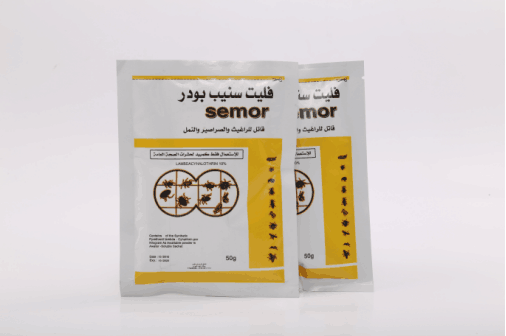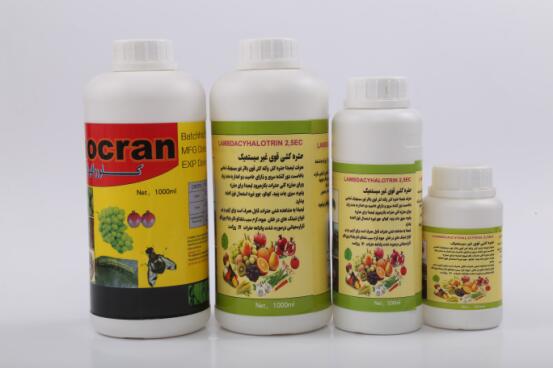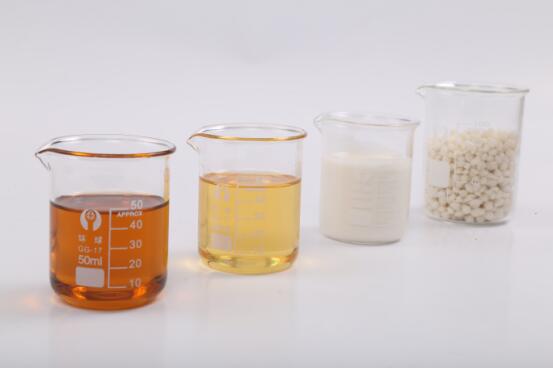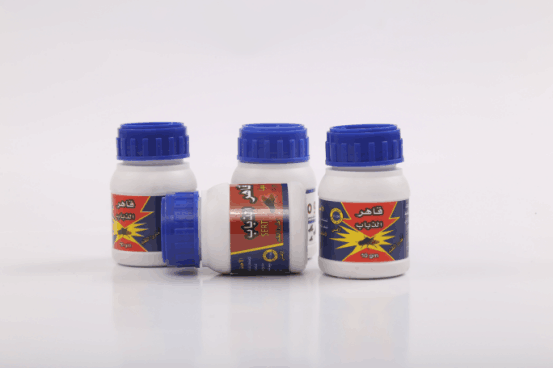In order to obtain high yield and stable yield of vegetables in protected areas, the following points should be noted in the fertilization method: 1. It is best to apply Organic Fertilizer with more organic Fertilizer. The organic matter forms an organic colloid such as humic acid during the decomposition process, and the colloid has a strong adsorption capacity. It can adsorb ammonia, potassium, calcium, sodium and other ions in the soil around it, and will release it into the solution when the concentration of the soil solution is lowered. Therefore, the application of organic fertilizer can greatly enhance the nutrient regulation ability of the soil and delay the salinization process of the soil. Second, the promotion of fertilization and scientific monitoring are conditional, the conductivity of the soil solution can be monitored by a conductivity meter, beyond a certain EC value, vegetables will have birth defects. If it is found to be close to the critical value, stop fertilization and properly fill the water. 3. The salt of the soil in the soil protection area is concentrated on the surface layer of the soil. According to the test, if the topsoil (0-5 cm) has a salt index of 100, the middle layer (5-25 cm) is 60, and the bottom layer (25-50 cm) is 40. After the vegetables are harvested, the land is deep turned and rich. The topsoil containing salt is turned to the lower layer, and the lower layer of soil with less salt is turned over to greatly reduce the salt damage. Fourth, the use of changing the gap to remove the film, rain, salt or irrigation, wash the salt, wait for the summer cooked vegetables, remove the shed film, let it sun and rain, not only can wash the salt, but also can kill the bacteria, is conducive to the squat High yield and stable production. 5. When the base fertilizer is applied deep and the fertilizer is used as the base fertilizer, the deep application is carried out. When doing topdressing, try to “eat less mealsâ€. It is best to mix the fertilizer with the organic fertilizer on the ground and then turn it deep. In this way, the fertilizer is applied below the topsoil to avoid excessively increasing the salt content of the surface soil. Topdressing should strictly control the amount of fertilizer applied each time, and apply a small amount to reduce the concentration of soil solution. Sixth, the promotion of root dressing outside the root dressing will not increase the salt in the soil, should be strongly advocated. In particular, urea and superphosphate and potassium dihydrogen phosphate, as well as some trace elements, are suitable as top dressings. Seventh, the ground cover with the mulch or straw for ground cover, has a significant effect on the inhibition of soil surface salt. According to the test, the surface soil can be reduced by sawdust, straw, mulch, vegetable leaf, etc., and the salt reduction effect of the mulch and sawdust is the best. ã€Comment】 ã€Print this article】 ã€Close this page】 ã€Large, medium and small】
Insecticides are pesticides that are formulated to kill, harm, repel or mitigate one or more species of insect. Enge focus on insecticides for crop, for public health control and grain storage, such as Bio-pesticides Abamectin, Emamectin Benzoate, Nicotinic insecticides Thiamethoxam, Imidacloprid, Dinotefuran, Pyrethroid insecticides Lambda-Cyhalothrin, Deltamethrin, Fumigation Aluminium phosphide 56%TB, and son on. We support the right solution according to client`s detail requirement
Enge supply high quality insecticides technical(TC) and formulation, main formulation including EC, SC,WP,SP,EW,WDG(DF),SL with different kind of packing. Supply High efficiency, low toxicity, low residue insecticides for worldwide clients.




Agrochemical Insecticide
Agrochemical Insecticide,Organic Agrochemical Insecticide,Organic Insecticide,Natural Insecticide,Abamectin 1.8 EC,Emamectin benzoate 30 WDG
Hebei Enge Biotech Co.,Ltd. , http://www.engepesticides.com



